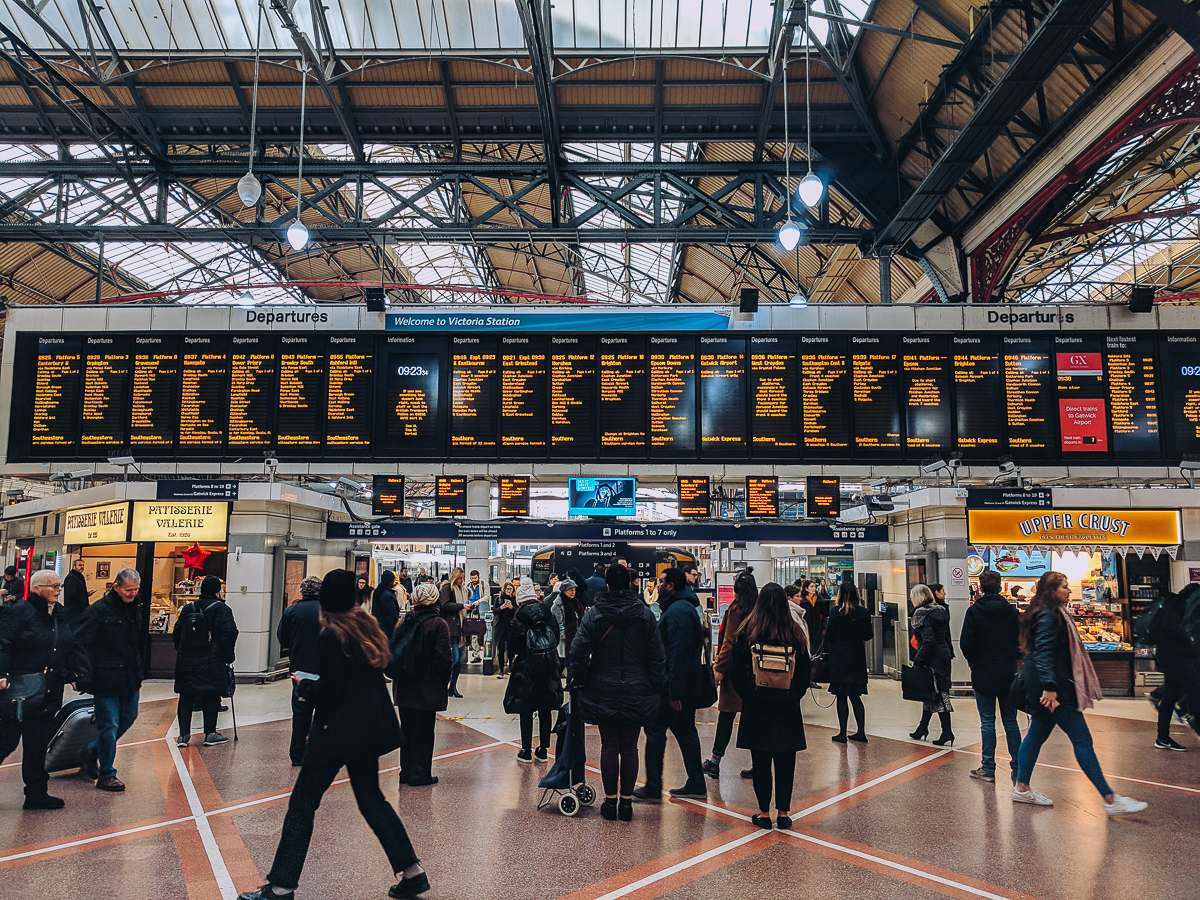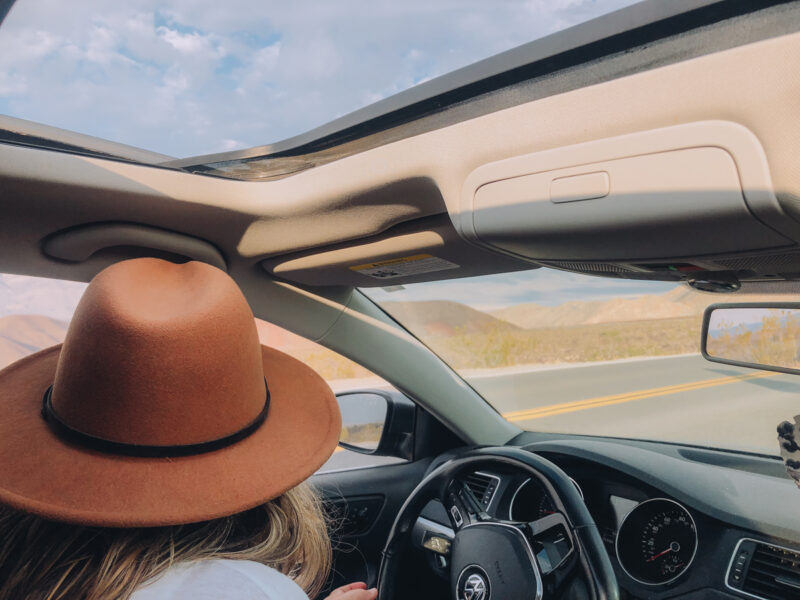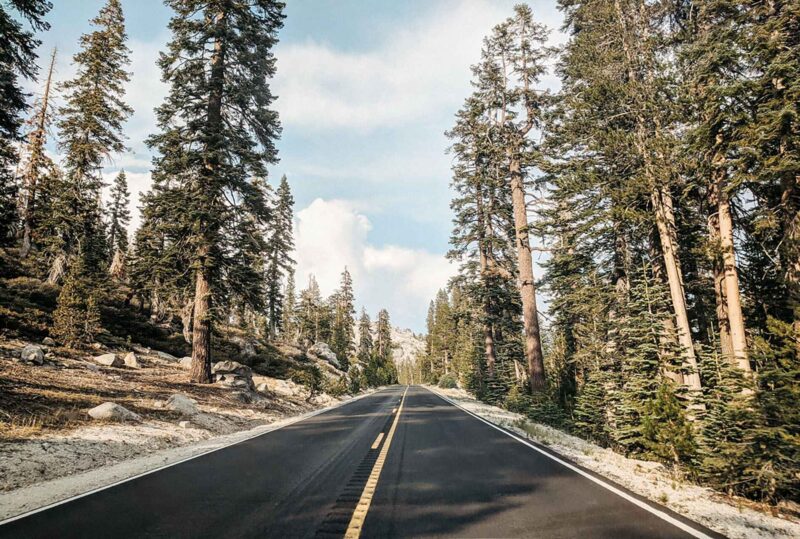20 Helpful Travel Safety Tips Everyone Should Know
Safety should always be the top priority when you’re traveling. Whether you are a first-time traveler or someone who’s done it a million times – ensuring a safe and trouble-free trip is a universal desire for every traveler. Implementing just a few basic travel safety tips can go a long way in keeping you safe. And while no one’s safety is ever 100% guaranteed, good preparation and common sense can up the odds in your favor.
This article contains affiliate links. That means I may earn a commission, at no extra cost to you, if you book or buy something from a link I provide. This keeps Southerner Says online and on the road. Thank you for your support.
Helpful Travel Safety Tips
Travel safety tips aren’t anything new. Most people are familiar with the common suggestions like keeping your hotel door locked – including the extra lock – all the time, scoping out the exits in crowded places and listening to your gut instinct.
These may seem like things you’ve heard over and over, but sometimes, we just need a few gentle reminders. Even the most savviest of travelers can benefit from a refresher course. Here’s a few other things you can do to stay safe when traveling.
1. Research Your Destination(s)
Before you book that ticket, it’s important that you research your destination and find out what’s going on there. Even if you are just traveling domestically, checking the current state of affairs is super important for your safety.
Things like civil unrest, protests and natural disasters can greatly impact your trip. Even strikes, like public transportation or taxi strikes, can affect you and interrupt travel plans.
In addition to checking your favorite social media accounts, one way to stay informed about international travel destinations is by utilizing the U.S. Department of State’s website. It’s an awesome resource for international travel.
The website provides up-to-date info about potential issues and current affairs that could affect your safety. Checking before you travel can help you avoid any potentially dangerous situations.
Once you’ve arrived at your destination, continue to check the local news and weather frequently to keep an eye on local happenings. That way you can stay ahead of any potentially dangerous situations and not get caught unaware.
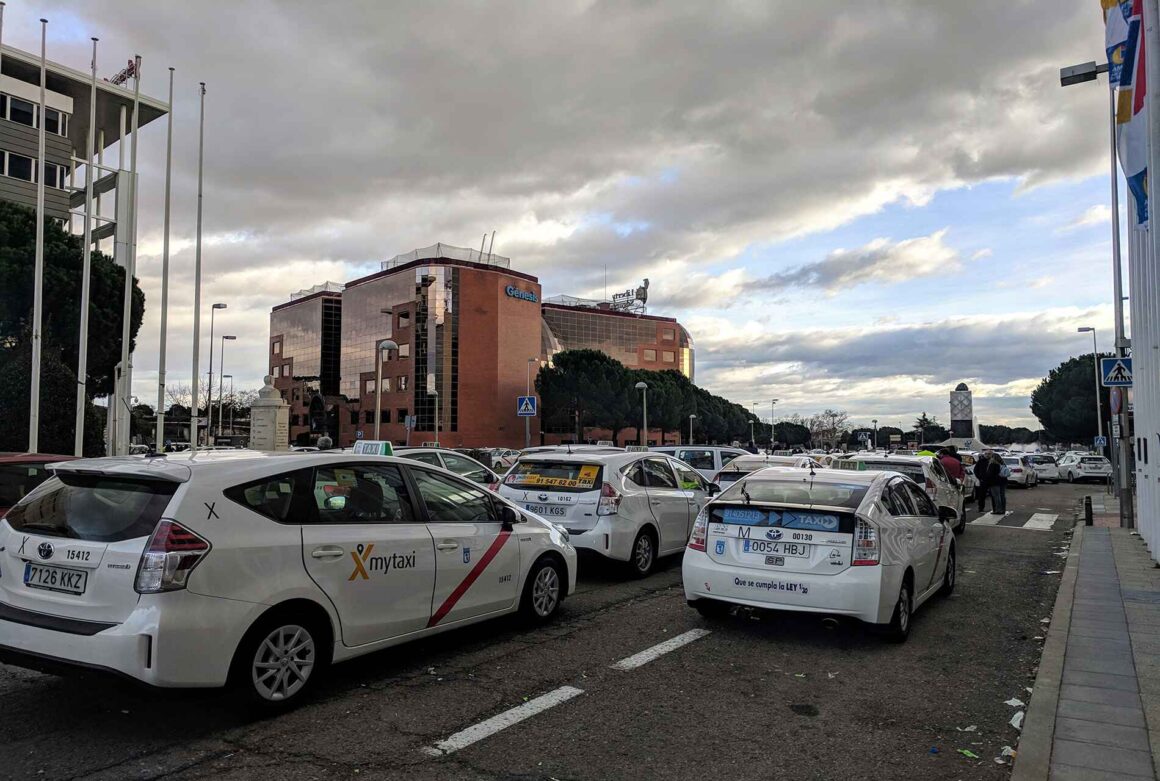
2. Have a Travel Plan
Wherever you’re traveling and whatever mode of transportation you plan on using, be it car, bus, plane or train, having a travel plan can help you stay safe.
This doesn’t mean you can’t be spontaneous or add something unexpected to your itinerary and it doesn’t mean you need to have the entire trip planned out. It just means being a little more prepared.
Having a plan can keep you safer because you’ll be less likely to change that plan, therefore, less likely to have something go wrong. I found this out first hand that one time I didn’t make a plan for an airport ride and got into an unregistered taxi. For one, it cost me way too much money.
The other scary thing was the driver had to take me to an ATM to get that money. It could have ended badly. Thankfully, it didn’t and everything was fine but this is just an example of how poor planning and not taking the time to prepare can go wrong.
3. Share Your Location and Plans
Once you have a travel plan, share that plan and your location with a friend or family member. It may sound like a hassle to take the time to share.
Especially if you are the kind of person that likes to wing it and never knows where you might be on a particular day. The solution? A location sharing app. Both Google Maps and WhatsApp allow you to share your location. You can select how long you want to share and then when you don’t need it anymore, just turn it off.
To share your location in Google Maps, verify your location is turned on in your Google account. Then open Maps, click on your profile avatar and select location sharing. In WhatsApp, once you initiate a conversation, click the paperclip in the text bubble at the bottom and click location. Both options work really well.
4. Enroll in STEP
Another way to stay safe when you travel is by taking advantage of programs designed to give you – and those that care about you – peace of mind while in another country.
Besides all the important pertinent info, the U.S. Department of State also has a program called STEP, short for the Smart Traveler Enrollment Plan. This program is a free service that allows United States citizens and nationals, traveling and living abroad, to register their trip with the nearest U.S. Embassy or Consulate.
Once you enroll you’ll receive important information from the Embassy about safety conditions in your destination country. This helps you make informed decisions about your plans.
Enrolling also helps the U.S. Embassy contact you in an emergency, whether natural disaster, civil unrest, or family emergency and it can help family and friends get in touch with you in case of an emergency.
5. Don’t Tell Anyone You Are Traveling Alone
Humans are naturally curious and at times, even a bit nosey. When you travel, it’s perfectly normal for people to strike up conversations and make small talk. The problem is – part of that small talk might include asking about your travels and the dreaded question: are you traveling alone?
The first time I traveled solo, I was surprised how many times I was asked if I was alone. Those kinds of questions and a few other things that no one told me about traveling solo would have been nice to have known so I could have been better prepared.
What exactly do you say to someone that asks if you are alone? It might be hard not to blurt out the truth but for your safety, that isn’t a good idea. To avoid it happening, the best way to deal with this scenario is to anticipate it, be prepared and have a good response ready.
I’m not one to lie but staying safe is the priority. So, ssay whatever you feel comfortable saying. Your reply doesn’t have to be complicated.
For example, you could say that you’re visiting or meeting friends that live there or you’re with your husband on a business trip and he’s working. The important thing is to say whatever feels most natural to you.
6. Hide Your Money
Tourists are primarily targets of pickpocketing and petty crime because thieves assume that travelers have money on them. Being a tourist might make you an easier mark but you can make it harder for someone to take things from you.
When you go out, only carry what cash you need and use a crossbody bag. Males should carry their wallet in front pockets. Especially in crowded places. To be extra safe, invest in a money belt or other RFID blocking accessories to protect passport and credit card info from being compromised.
If for some reason you do need to carry around a significant amount of cash, then don’t put it all in one place. Spread it out. Put some on your person, in your shoe or another place.
Even in the hotel room, you can keep your money safer by using the in-room safe when there’s one available. If there’s not one, then hide your money and possessions in several different spots around the room.
7. Be Aware of Your Surroundings
Being situationally aware of your surroundings is one of the most simple travel safety tips there is. Being aware of what’s going on doesn’t mean you have to walk around like a crazy, paranoid person. It just means paying a bit more attention to what you are doing and what’s around you.
It’s easy to get complacent and distracted when you travel. Especially if you are traveling a place you’ve been before or if you’ve been in your location for awhile. The tendency is to get comfortable and less diligent. Don’t.
Even smaller towns and cities aren’t exempt from petty crime. Especially if they are touristy. So be vigilant. Go with your gut and pay attention to everything. Don’t feel like there’s less of a threat just just because you might be in a national park or a place you feel or think is safe.
8. Make Copies of Important Documents
It might not actually keep you safe but having copies and even photos of your important documents, like your passport and visa, can save you a lot of time if they were stolen. You’ll be one step ahead to having the documents replaced in this worse case scenario.
If you do carry copies, just don’t carry them in the same bag or hide them in the same place as your originals. Keep them separate and even consider leaving them in your room safe if there is one. For organization, I like to keep some of my travel essentials in these useful bags.
9. Don’t Share Your Real Time Location On Social Media
Social media is such a part of our lives now. With selfies, stories and videos advertising where you are and what you’re doing – it’s easy to forget that information is traceable.
Hopefully, you don’t have someone paying that kind of attention to what your whereabouts but even so, don’t make it any easy for anyone to figure out where you are.
One way to stay safe when you travel is by not posting on social media in real time. Delay your live stories so that no one knows where you are and if they do figure it out, you’ve already moved on.
If for some reason you must post in real time, then don’t tag the location. You can always go back and add it later on when you are out of the area.
10. Know the Dangerous Areas to Stay Safe
Just about every city or town has a less than desirable, non-touristy area or areas, not really meant for travelers. A tourist in Puerto Rico was killed after making a drug purchase and trying to take photos in a questionable neighborhood on the island.
It’s vital that you know what neighborhoods to avoid before you go wandering around and get caught in a dangerous place.
If you are unsure, ask the concierge or someone at your hotel if there are any areas to avoid. You can also always check with the police. If you are in a touristy town, many places have tourist or safety police to help with these kinds of inquiries.
11. Blend In As Much As Possible
When traveling internationally, it’s probably pretty obvious you don’t call your destination home. Unfortunately, there’s not too much you can do about the way you look.
But since many popular destinations are home to remote workers and have expat communities, you may not look like you’re from there but you can at least act like it.
Before visiting a location, learning a little bit about it is one of the most helpful travel safety tips there is. Educate yourself about the customs. Knowing a bit about the people and how they do things can be very helpful. Then adopt a few of those practices as best as you can.
The easiest way you can do that is by the way you dress. There’s nothing that makes you stick out more than showing up somewhere dressed inappropriately in a bikini or shorts, when that’s not something a local would do. This just brings undue attention and that’s not a good thing to do as a traveler.
12. Write a Few Important Things Down
We keep everything on our phones these days. So what happens if your phone is stolen or if for some reason you lose it or it quits working while you are traveling? Just thinking about the prospect of being in another country with no phone and no contact info is pretty scary.
Since this is a very real scenario, one of the savviest things you can do is keep a important things like contact numbers and any other crucial travel info written down. Just doing this one simple thing can make a situation way less overwhelming and help you stay calm when trying to figure out your next move.
Other Important information you might need is an international number for your cell phone provider or your credit card company. Even the telephone number of your bank would be useful to have on hand.
You can keep a copy of this info or even email it to yourself at an email address that could be accessed from a computer anywhere. Most hotels and even hostels have business centers with public computers that anyone can use.
13. Carry a Secure Bag
You might be tempted to carry cute or expensive bags when you travel and there’s absolutely nothing wrong with that but it’s not be the safest thing to do. Carrying a plain, secure bag helps keep you safe and deters thieves in crowded cities where purse snatching is more prevalent. You can even buy bags that already have built-in extra safety measures.
One of the best companies for travel bags and accessories with added security is Pacsafe. This is the bag I always use when I travel. The convenient thing is it also is big enough to double as a camera bag when I’m out and about.
Besides being roomy, it has built-in safety features like a locking zippers, anti-slash straps and secure hooks so you can secure the bag to an object like a chair handle or arm rest. Pacsafe also make sling bags and backpacks and an assortment of other travel accessories for whatever your needs.
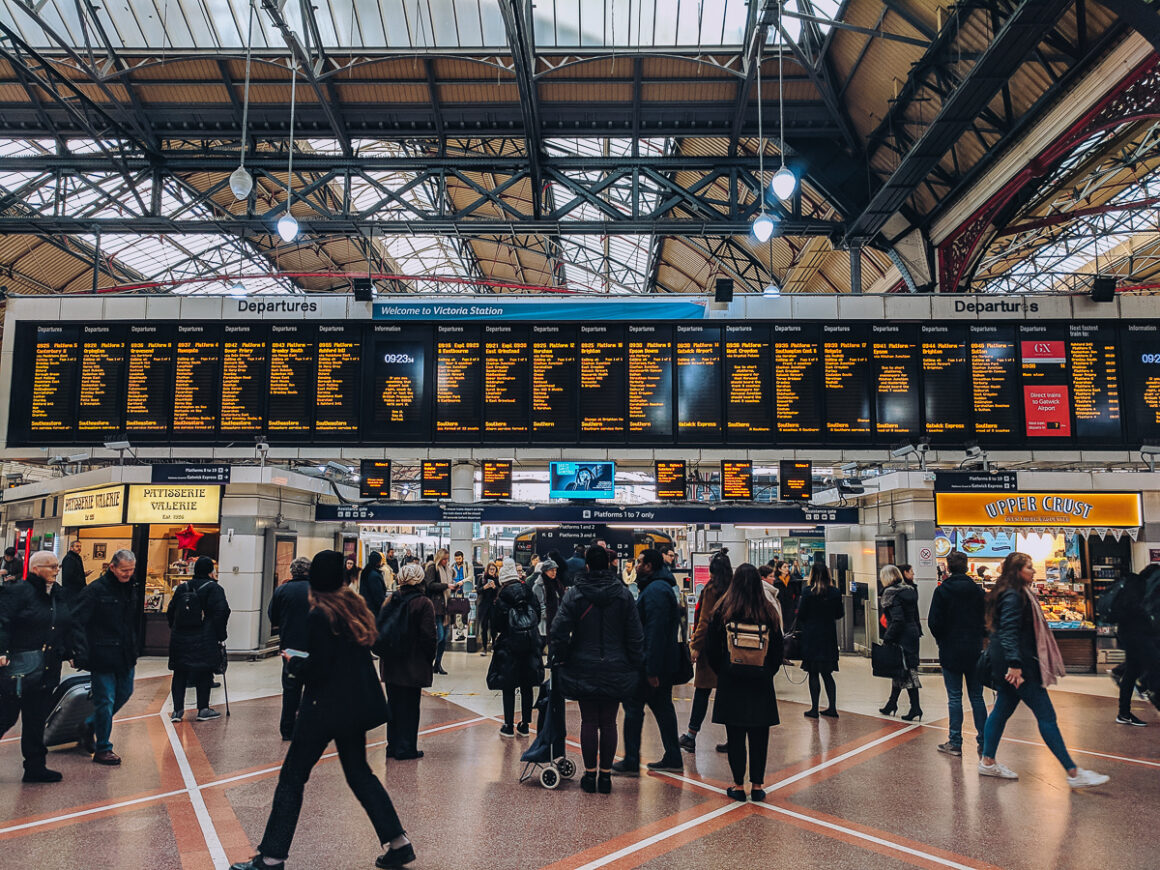
14. Learn A Little Bit of the Language
Learning a few words of the language of the country you are visiting to might not keep you safe but it does make you a courteous traveler and courtesy goes a long way. Locals appreciate a traveler that tries to say hello, thank you and please in the native language. It may not seem like much but it shows you care enough about the local community to at least try.
In addition to knowing a few words – know where you are. This may sound odd but I’ve seen numerous posts and heard stories where people don’t even know the name of the town they’re in. This might happen if you are traveling from city to city or moving around a lot. Besides just knowing the name, know how to spell it and the address of where you are staying.
15. Use Safe Transportation
Another one of the best travel safety tips to implement is planning your transportation ahead of time. For example: if you are flying into your destination, how will you get to your hotel from the airport?
Will you be using taxis, public transportation or maybe even renting a car? If you are arriving late – and maybe tired – it’s smart to already have a plan for getting to your hotel.
If you are staying at a hotel that offers a shuttle, take advantage of it. Not only will it save you money but most shuttle waiting areas are in well lit, highly visible areas at the airport. The people driving the shuttle are easily identifiable and have badges.
When there’s no shuttle available, then Uber is an excellent alternative for getting around safely. To make customers more comfortable, the app provides you the make, model, license plate of the vehicle coming to pick you up and even a pin to confirm with the driver. If a vehicle shows up that doesn’t match the description, then decline the ride and report it right away.
Traveling by taxi can be a good option too. You just want to make sure to use a real taxi. Most airports and bus stations have taxi stands where official and licensed taxis are allowed.
Besides staying safe, one of the other advantages is that there’s usually a set price based on miles or the zone to where you are going. That way, you don’t have to worry about negotiating or being taken advantage of. Like me.
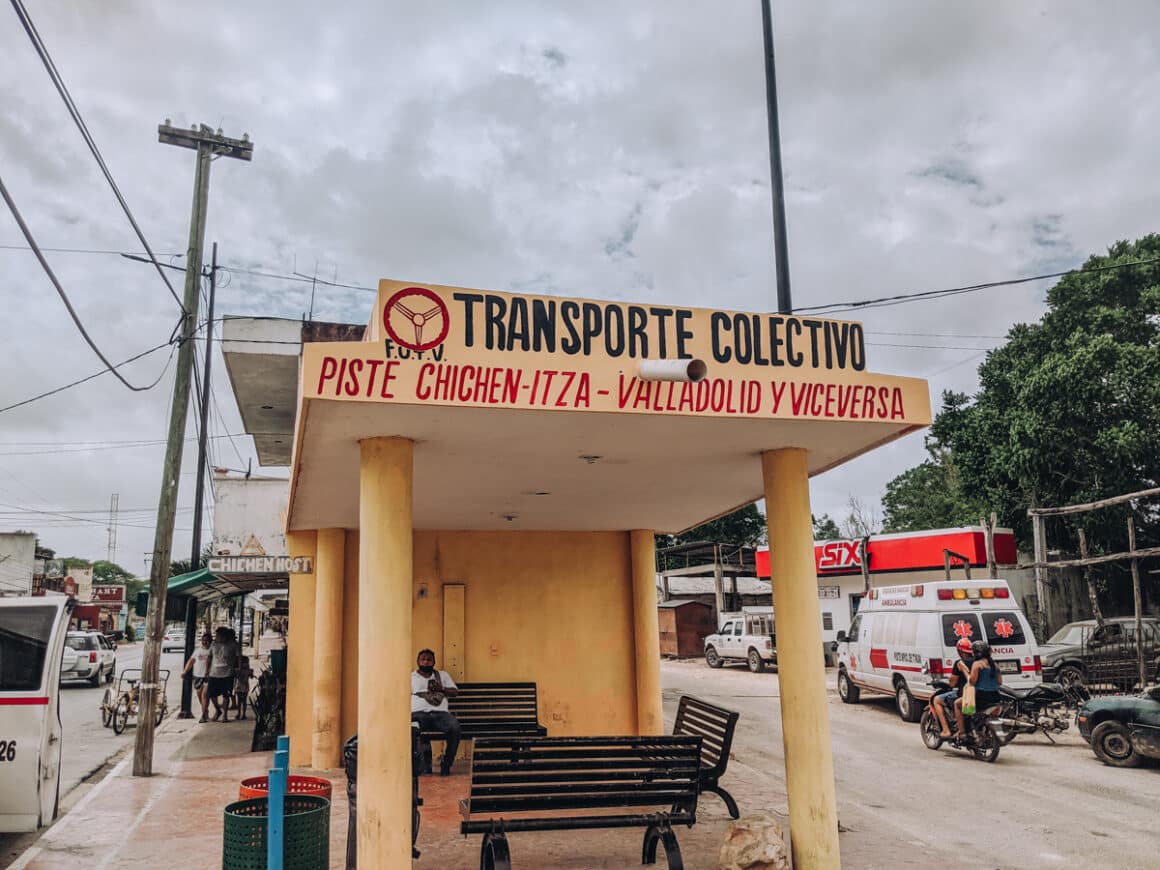
16. Don’t Drink Too Much Alcohol
You can learn a lot about the culture of a destination by it’s food and drink. If you enjoy alcohol, then going out and having a cocktail or a glass of wine in a destination is just part of travel.
Experiencing local nightlife is a great way to get a taste of the vibe and even meet people. The problem is, enjoying the night life when you are traveling solo is a bit harder, especially for females.
This doesn’t mean that you can’t go out and have fun but it does mean you need to be situationally aware at all times. And to do that, you need to have a clear head. This means not indulging in too much alcohol or other intoxicants since drinking and drugs can lower inhibitions and make it harder to recognize danger.
I’m by no means excusing poor behavior or victim shaming. I’m only saying as travelers and especially females, we have to do whatever we can to stay safe at all times. That includes never leaving your drink unattended or accepting drinks from strangers.
17. Put Your Phone Away
I think by now, most people have learned that it’s best to leave the flashy jewelry behind when you travel. However, I read plenty of stories about tourists having their phone stolen. Why? Because phone snatching in common in many places and we have them in our hands just about all the time.
The best way to avoid this is keep your phone in your bag. It’s one thing to take it out for photos or to use it but having it out at all times – or setting on the table when you are eating – makes you a target. There’s a good chance you could get distracted and next thing you know your phone is gone. Have you ever tried to get a replacement phone in another country? It’s not fun.
18. Book Reputable Tours
Safe travel means doing your due diligence when it comes to booking tours and activities. One of the best travel safety tips is to always check out the reviews on websites such as Google, Tripadvisor and Yelp. You can even Google them to see if they have been in the news or if they have had any accidents.
Same goes for choosing a cheap quote for a service or tour. Everyone wants to save money when they travel but putting yourself into sketchy or unsafe situation on tours to spend less is not the way to do it. Make sure the tour operators have the proper equipment and licenses.
Also, be careful booking tours and services through third parties and if you do, verify it’s a more reliable third party like Viator.
19. Install a Weather App on Your Phone
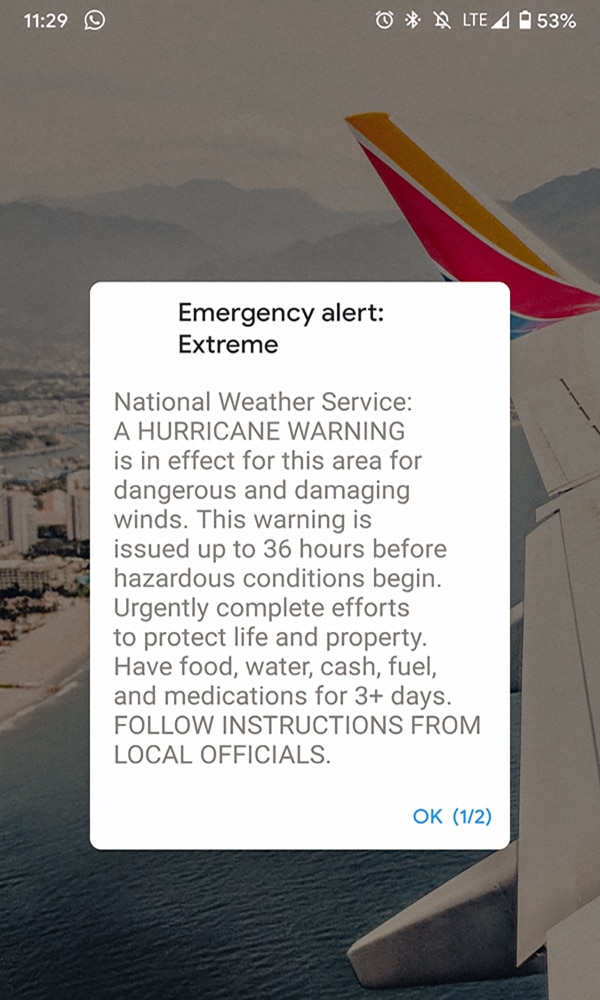
Installing a weather alert app on your phone can go a long way in keeping you safe when you travel.
Staying up to date by knowing weather conditions in advance can potentially help avoid situations that might be hard to get out of once they start.
This is important no matter if you are traveling in your home country or in another country.
Once installed, most weather apps should update to your current destination but to be sure, test it to make sure it’s functional.
20. One of the Most Important Travel Safety Tips – Buy Travel Insurance
One of the best travel safety tips that can easily be implemented is having travel insurance. No matter where you’re traveling- domestic or international – it’s a necessity.
Travel insurance protects you and gives you peace of mind knowing that whatever comes up you’re covered. There really is no one size fits all when it comes to travel insurance. Each policy is different and depending on your travel needs, is very much up to the individual.
For the casual or short-term traveler travelInsurance.com. is one of the best websites for comparing policies with different companies and their products. You can add in trip interruption, trip cancellation and even evacuation costs in case you need to leave the country or be flown out, in case of emergency.
That’s something that could cost thousands of dollars. Having travel insurance means there’s one less thing to worry about and more time enjoying your trip.
Final Thoughts About Travel Safety Tips
Most people have their own way of doing things when they travel. And what works for one person might not work for another. However, these safety tips for travel are just a few tips I’ve learned that work for everyone. How do you stay safe when you travel? Let me know what I missed in the comments.
See you on the road!


